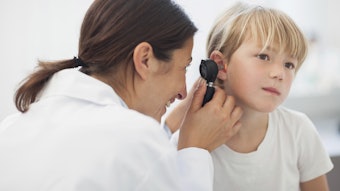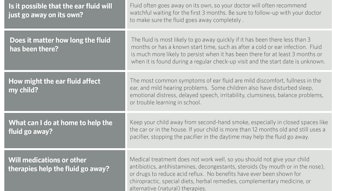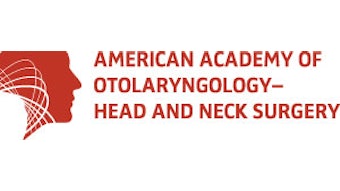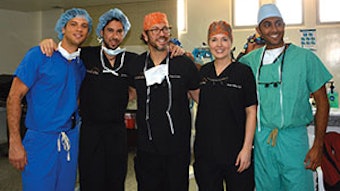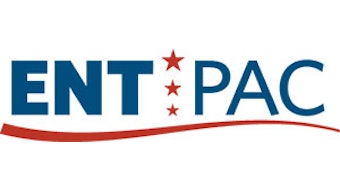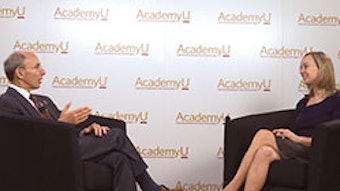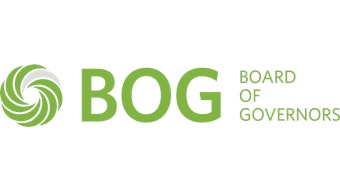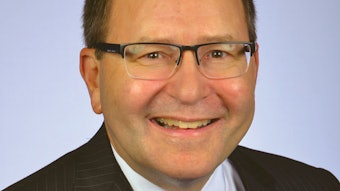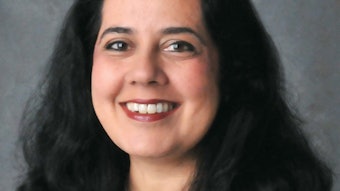Mentorship: reflections from both sides
The Young Physician Section (YPS) of the American Academy of Otolaryngology—Head and Neck Surgery represents the needs of otolaryngologists under 40 years old or in their first eight years in practice.
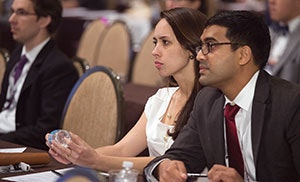 2015 AAO-HNSF Annual Meeting attendees.
2015 AAO-HNSF Annual Meeting attendees.The Young Physician Section (YPS) of the American Academy of Otolaryngology—Head and Neck Surgery represents the needs of otolaryngologists under 40 years old or in their first eight years in practice. Two Academy Members with these qualifications reflect on the mentorship relationship from both sides of the coin.
Young Physician Section Member and mentee: Jonathan C. Kopelovich, MD
For young otolaryngologists, guidance comes in many guises. Formal mentorship is an intrinsically valuable component of most residency and fellowship programs. Effective interactions usually begin with set goals, duration, and frequency of meetings, and ideally endure beyond the end of training. Over time mentors may evolve into “coaches” or sponsors. Atul Gawande, MD, PhD, has thoughtfully written about requesting the scrutiny of former mentors or retired surgeons with goodwill to fine-tune and improve the performance of young surgeons. The AAO-HNS has proposed fostering “sponsors” for young physicians based on mutual interests and career paths to assist recent graduates in realizing their aspirations and to integrating with the larger otolaryngology community.
Informal mentorship, in contrast, is not mandatory or scripted. The mentor and mentee find each other through shared values or experience and the relationship is not prescribed. I found my informal mentor during a year of cochlear implant research. Marc D. Eisen, MD, then a graduating resident on the verge of an otology fellowship, shared my enthusiasm for hearing research and curiosity about medical history. I respected Marc for his intellect and judgment both inside and outside of the hospital, and subsequently consulted with him on letters, interviews, rank lists, research, and more. We maintain contact and I appreciate his willingness to help me sort through and then guide my (sometimes crazy) ideas. He provides invaluable advice, not only because I trust him, but because he provides an outside perspective distinct from the advice of my formal mentors. Our shared experiences make me more comfortable discussing the personal factors and stressors surrounding many of these same decisions.
There is much written about the ideal mentor—as friend, font of information, intellectual role model, and career guide. I think there are both professional and psychosocial benefits for young otolaryngologists across the mentor spectrum. I will continue to rely on mentors from residency and fellowship for advice regarding difficult patients, to help me vet new techniques and practices, and for collaboration on innovations in the field. Once my practice is up and running I would love to have a “coach”—someone to give me concrete and incremental steps to enhance my efficiency and improve my outcomes. And I will continue to rely on Marc to help formulate the broad strokes and navigate big transitions with grace.
Mentor: Marc D. Eisen, MD
I have been fortunate to have had outstanding mentors in the realms of science, academia, and patient care—each aspect of my professional development. In retrospect, I actively sought my mentors and cultivated these relationships to what I hope was mutual benefit. As an established clinician, now more likely to take on the role of mentor rather than mentee, I hope to pass on the valuable qualities that my mentors demonstrated to me. What follows are some guidelines to reveal the key ingredients of a successful mentor-mentee relationship.
Choose a mentor who has a vested interest in your success.
The source of this vested interest doesn’t need to be readily apparent. Being from the same institution, having shared a similar path or background, or working together in a formal teacher-student relationship are the most likely ingredients generating this investment. This relationship may be implied rather than formally stated.
Find a mentor in a non-threatening position.
The world of medicine can be competitive. My mentors were about half a generation ahead of me in career status and did not have jobs or positions I could pursue. A status too close (such as co-residents or resident-fellow) can be threatening to the mentor, while a status too far removed (resident and attending at the end of a career, for example) can lack helpful shared experiences. Jonathan has been the ideal interval behind me in training—a medical student when I was a resident, an intern when I was a fellow, and a fellow while I am a young (ish!) attending.
Don’t burden your mentor with added time commitments.
In medicine, daily lives leave little time for non-essential activities. Clinical work, academic productivity, meetings, family, hobbies, and an occasional good night’s sleep consume most of our time. It is unnecessary for mentors and mentees to have hours of meetings or burdensome obligations for valuable results. Email correspondence or occasional phone calls are typically all that is required to foster the relationship.
It is okay to choose a mentor that helps with only one aspect of professional development.
One of my scientific mentors was a fantastic researcher and academician, but lacked experience or knowledge about clinical medicine. Another served as a sounding board for clinical issues but has no knowledge or expertise in scientific or academic issues. Mentors need not be omniscient in all aspects of your professional development.
I would not be where I am today without the guidance of my mentors. They generated confidence in my work and potential, and guided me through important decisions. Their own experiences and paths served as guideposts that I could follow or disregard within the sea of anonymity that training in large otolaryngology programs can appear to be.
References
- Lin SY, Laeeq K, Malik A, et al.. Otolaryngology training programs: resident and faculty perception of the mentorship experience. Laryngoscope. 2013 Aug;123(8):1876-1883.
- Gurgel RK, Schiff BA, Flint JH, et al. Mentoring in otolaryngology training programs. Otolaryngol Head Neck Surg. 2010 Apr;142(4):487-492.
- Gawande AA, Personal best: Top athletes and singers have coaches. Should you? The New Yorker, 2011 Oct 3.
- Sands RG, Parson LA, Duane J. Faculty mentoring faculty in a public university. J Higher Ed. 1991 62(2):174-193.
- Holt GR. Idealized mentoring and role modeling in facial plastic and reconstructive surgery training. Arch Facial Plast Surg. 2008 Nov-Dec;10(6):421-6.
Find out about mENTorConnect at entconnect.entnet.org/participate/mentorconnect.
